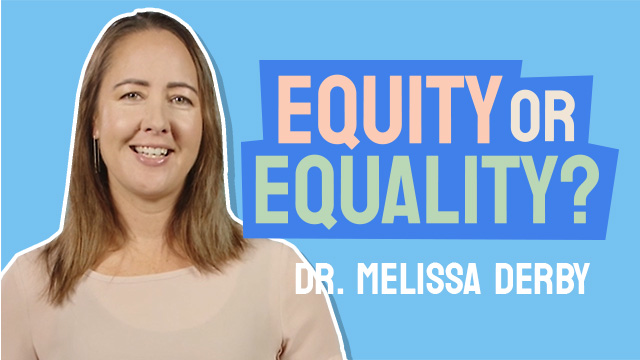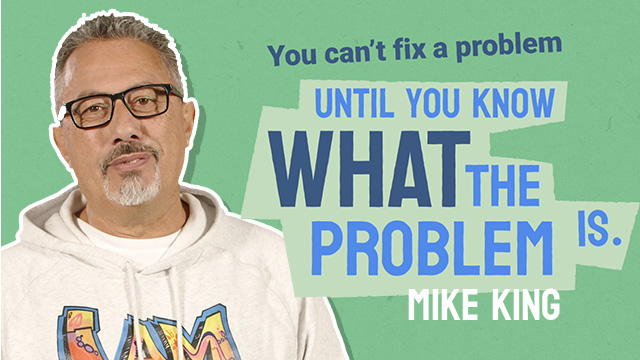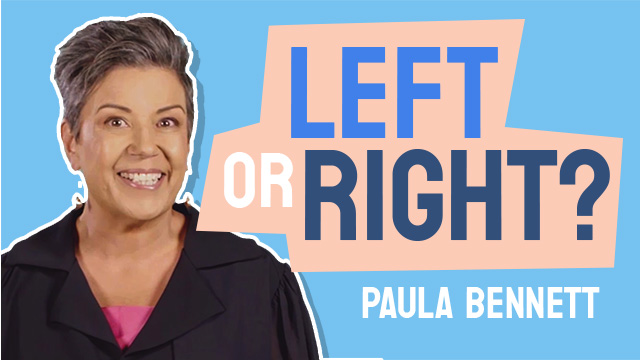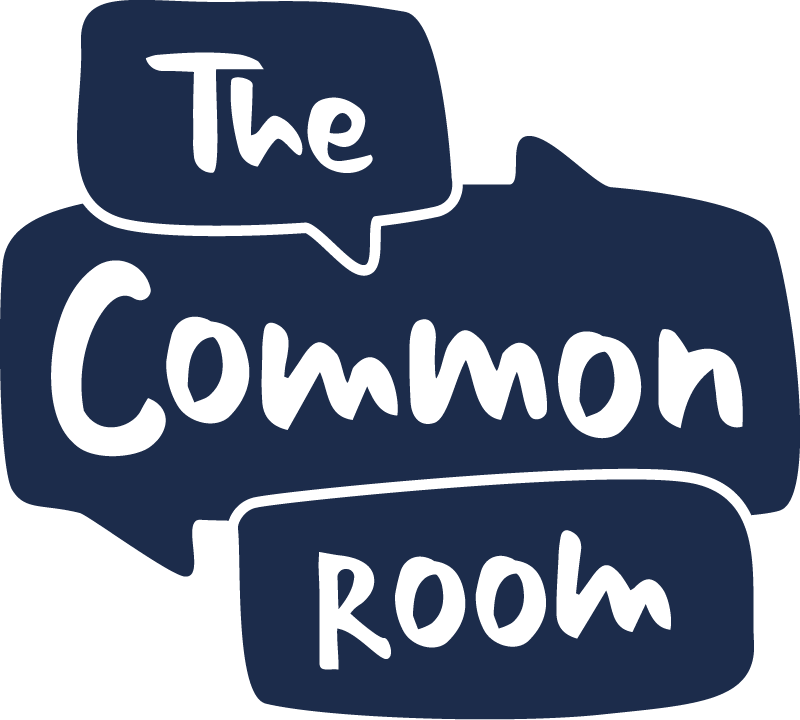How to actually solve social issues
Ronji Tanielu, Community Worker
24 August 2022, 16.6k views
Politicians are like celebrities in Aotearoa
They’re meant to be our leaders, representing the views of the people, passing laws and policies that help families thrive and keep this country moving. They represent this gigantic thing called the government that impacts every area of our lives. Our school system, hospitals, the roads we drive on, cars driving on those roads, the tax system, how and where houses are built, the welfare system. Man, the list is endless. As the people or voters of Aotearoa, we are the ones who judge whether these politicians and government are doing a good job when we vote for our government every 3 years in the general election.
Growing up, I didn’t give a stuff about politics or the government. I found it boring. My family moved to Aotearoa from beautiful Samoa in 1981. We moved to what I call the capital of the Universe, Mangere in South Auckland. There was lots of things I loved about growing up here. But violence, abuse, material poverty, drugs, gangs were common in my community and at home. We grew up in a state or government house, lived with overcrowding, but my parents did their best to raise us well despite these hardships.
My Mum was a strong, hardworking woman who challenged us to work hard, get an education and not depend on or blame the government systems because we were poor or lived in a state house. She saw living in Aotearoa as a true blessing despite the challenges.
My Dad reminded us to use the opportunities we had and to try an influence and positively change the new systems that we now lived by in Aotearoa. Man, my parents were pretty smart people I think. Our family wasn’t perfect, we had massive obstacles to overcome. But they pushed us to work hard, serve our communities, and follow God.
Now I’m way older, I’ve tried to use these opportunities and serve in my community. And it’s been tough as things remain hard with crime, high costs of living, extreme lockdowns, gangs, drugs, domestic violence. Those same challenges from when we first moved to New Zealand still persist today.
Nowadays there’s a lot of talk with big fancy words in politics, universities & in mainstream media about systemic issues, or institutional racism, colonialism and the need to deconstruct systems of privilege, especially white privilege. Man, those are some big words that I struggle to make sense of.
From a community perspective, all this makes me ask, is government the real answer to the social challenges and problems in our communities? Their influence on systems, laws, policies that affect our communities is huge.
I believe strongly that the government is not the saviour for our communities. They don’t have all the answers. But politicians and the government do have an important role to play in helping our communities. But they’re not the only answer.
Firstly, there’s amazing initiatives run by local marae, community groups, and churches that do awesome work in our communities with little or no government funding. These include community gardens, Pātaka Kai, church youth groups, sports clubs, community meals and so on. I know some people in South Auckland who’ve run youth, sports, and community programmes for thousands of people for over 20 years with not $1 from government. Their work helps prevent social problems and support whānau facing real hardship. If government partners with these groups effectively, then some real impact can be made into the social challenges in our communities. But government funding can sometimes get in the way of real impact and change.
Secondly, the government is growing bigger and bigger. In 2021, there were 61,000 government employees or bureaucrats. This is a 7% increase from 2020. As a country, we spent about $30 billion on paying central government workers in 2021. This is a 30% increase in over 5-years. The reach and control of government into our daily is increasing fast. Covid mandates, hate speech laws, Three Water, the New Zealand Health System. Do we really need a government that big for a small country? I don’t think so. Does more government staff and power mean there’s more red tape and bureaucracy that doesn’t actually help whānau and local communities? Yeah probably.
Finally, I question whether things are truly improving in our local communities. Take my beloved Mangere in South Auckland. There’s lots of amazing people and stories that emerge from our community. But after living here for over 35 years, we still have some of the highest levels social deprivation in all of Aotearoa. Homelessness, housing affordability, high rents and trying to own a home are massive issues for locals. Government is currently putting 10,000 new homes into Mangere with thousands more people moving into a community that is already stretched with existing infrastructure, services, school, and employment issues. And domestic violence, gangs, drugs, liquor stores on nearly every corner, unemployment, lower wages continue to plague our community. This is all under the same Labour Party control for over 50 years in Mangere.
I don’t believe a bigger government with more bureaucracy, red tape, and power and control of our daily lives is the main answer to the social problems in our communities. In the end, I’m reminded of the sound advice of my parents. Don’t depend on or blame the government system. Work hard to improve and influence these systems positively. Use the opportunities and blessings given to us. Serve people and our communities and trust God. Faafetai lava, soifua ma ia manuia.
I’m Ronji Tanielu for the Common Room whānau.




